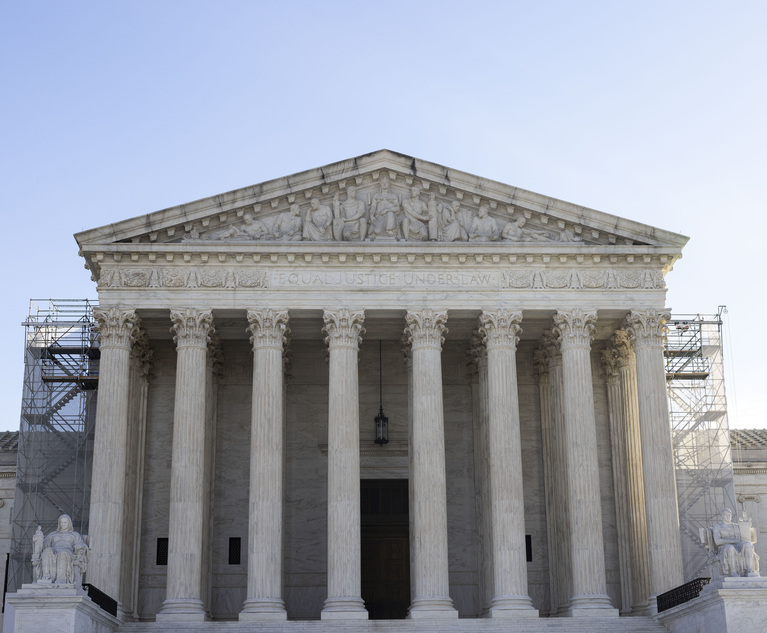The U.S. Supreme Court decided a pair of False Claims Act cases last year that collectively expand both the corporate risks of FCA liability and the opportunities to defeat potential FCA litigation. In United States ex rel. Schutte v. SuperValu, 598 U.S. 739, 749 (2023), the court held that scienter under the FCA turns on the defendant’s “subjective beliefs—not on what an objectively reasonable person may have known or believed.” In United States ex rel. Polansky v. Executive Health Resources, 599 U.S. 419 (2023), the court reaffirmed the government’s broad discretion to seek dismissal of FCA claims filed by relators where it concludes that qui tam litigation is not in the government’s interest. Taken together, the cases underscore the importance of ensuring that companies who participate in federal programs giving rise to FCA exposure develop contemporaneous factual records that support their good-faith compliance, particularly when facing ambiguous legal requirements. That requires attention to both the internal record, as litigation will likely focus on whether nonprivileged documentation reflects a sincere effort to comply, and the external record, as contemporaneous disclosure of the company’s interpretation of ambiguous regulatory requirements to the government can help defeat any FCA claims that are made.
Establishing a Scienter Defense After ‘SuperValu’ Without Waiving Privilege
The court’s holding in SuperValu that FCA liability turns on a defendant’s subjective intent is most relevant to the lowest of the FCA’s three scienter standards, which captures defendants who act in “reckless disregard” of their obligations. (The other two scienter standards, “actual knowledge” and “deliberate ignorance,” were already understood to turn on a defendant’s subjective intent.) In SuperValu, the court rejected the Seventh Circuit’s view that an objectively reasonable interpretation of an ambiguous legal requirement could not be legally “reckless”—holding instead that “‘reckless disregard’ … captures defendants who are conscious of a substantial and unjustifiable risk that their claims are false, but submit the claims anyway.” 598 U.S. at 751 (emphasis added).


 U.S. Supreme Court building in Washington, D.C. Photo: Diego M. Radzinschi/ALM
U.S. Supreme Court building in Washington, D.C. Photo: Diego M. Radzinschi/ALM







